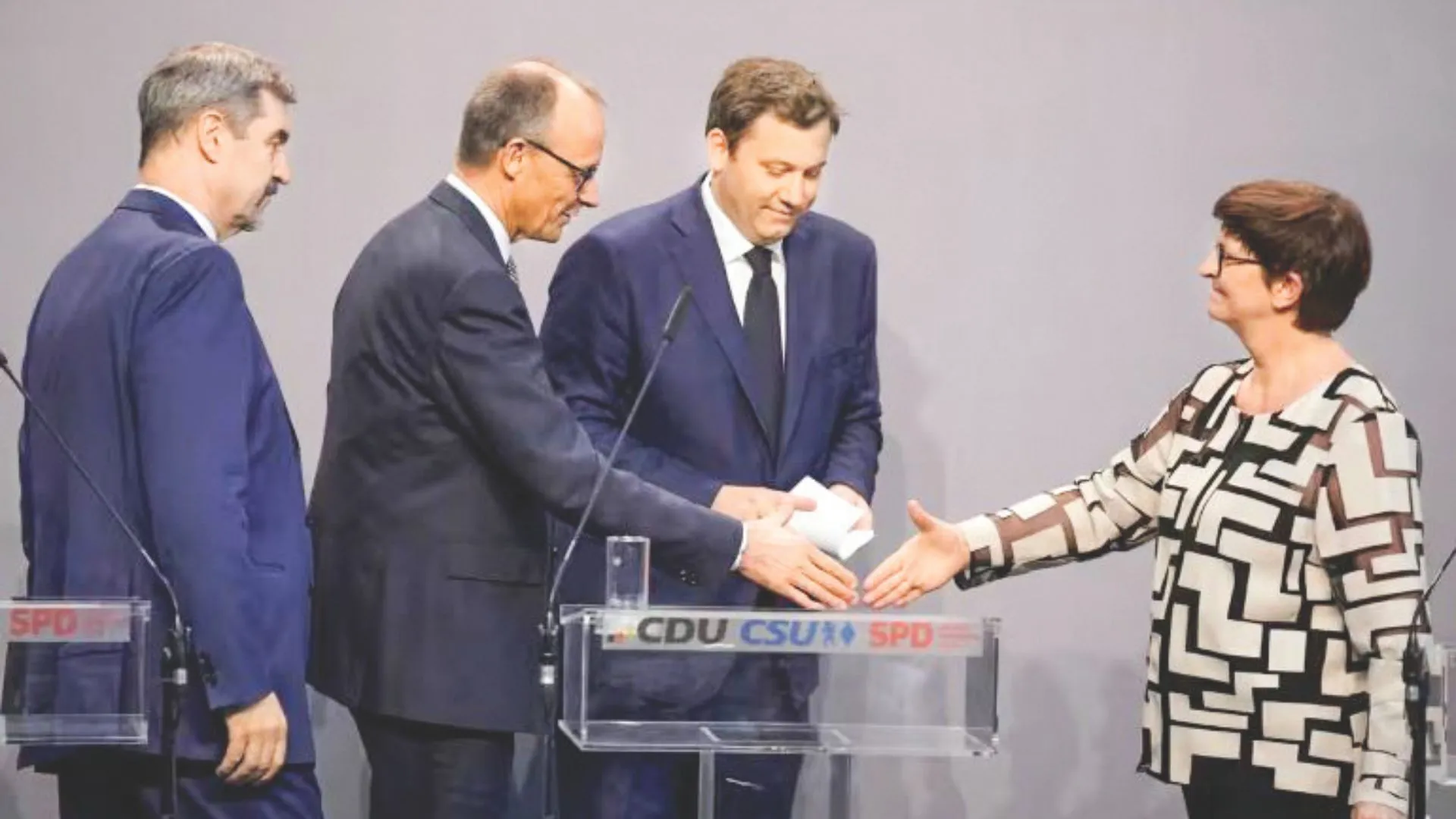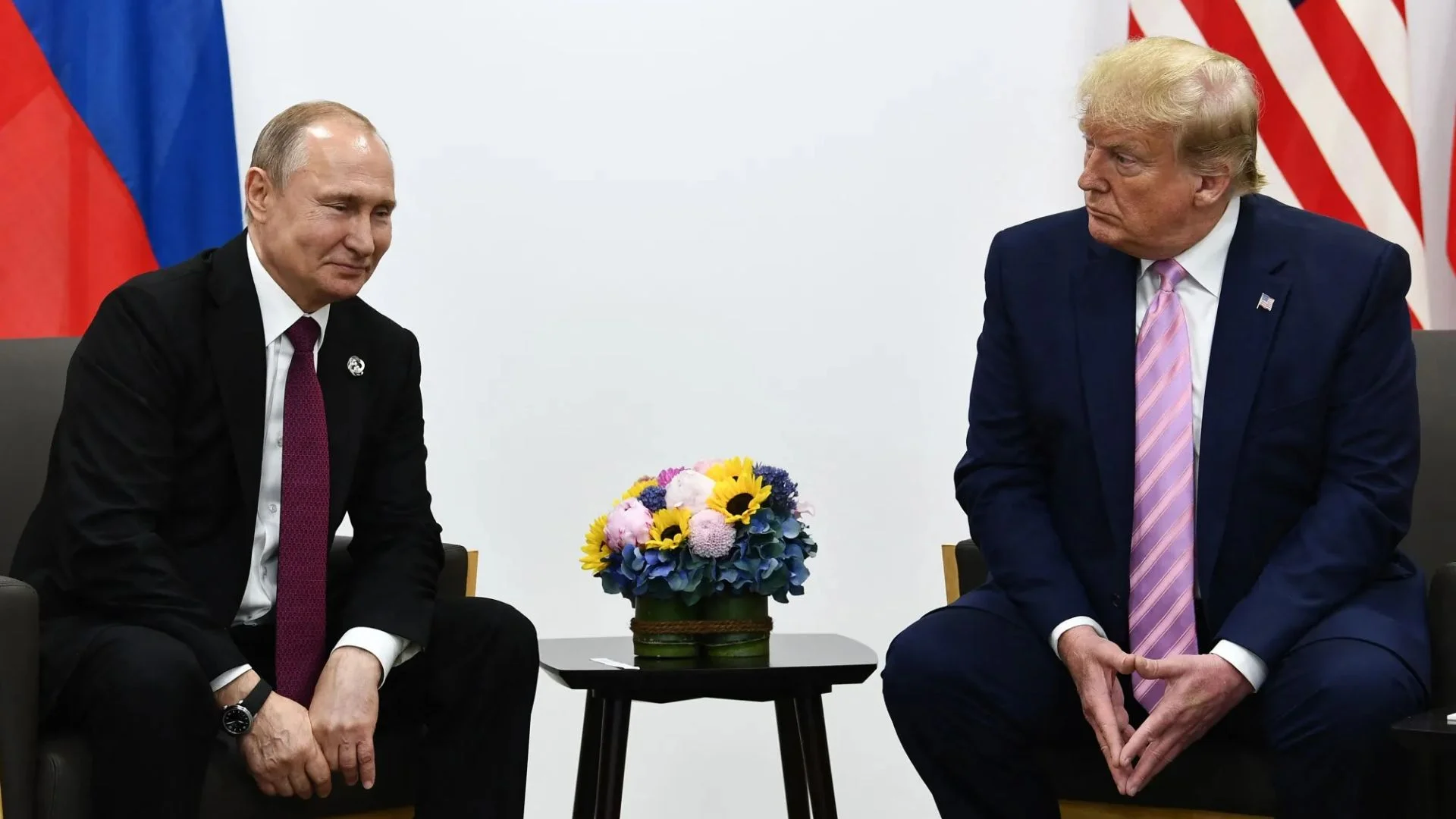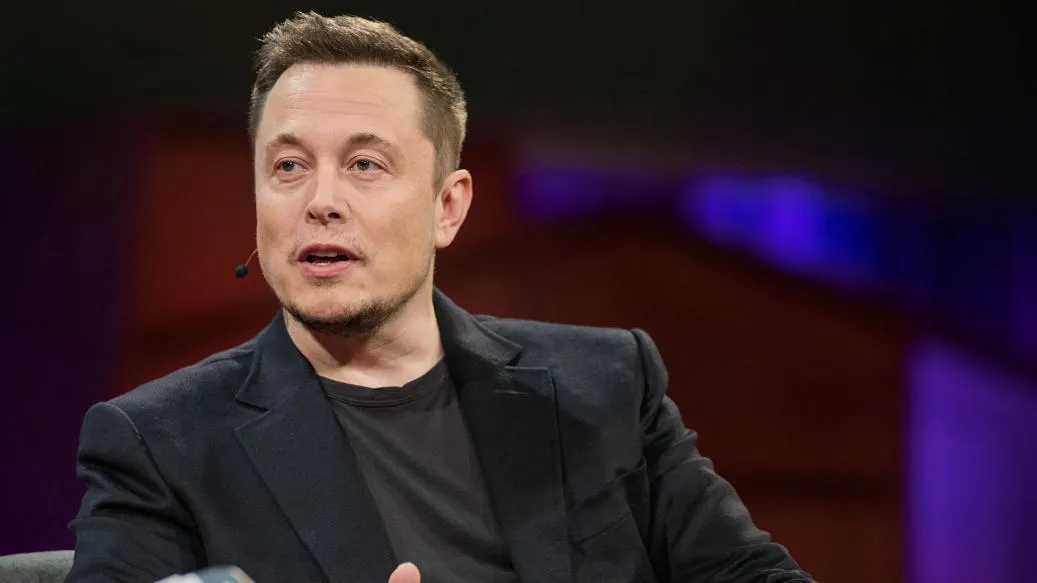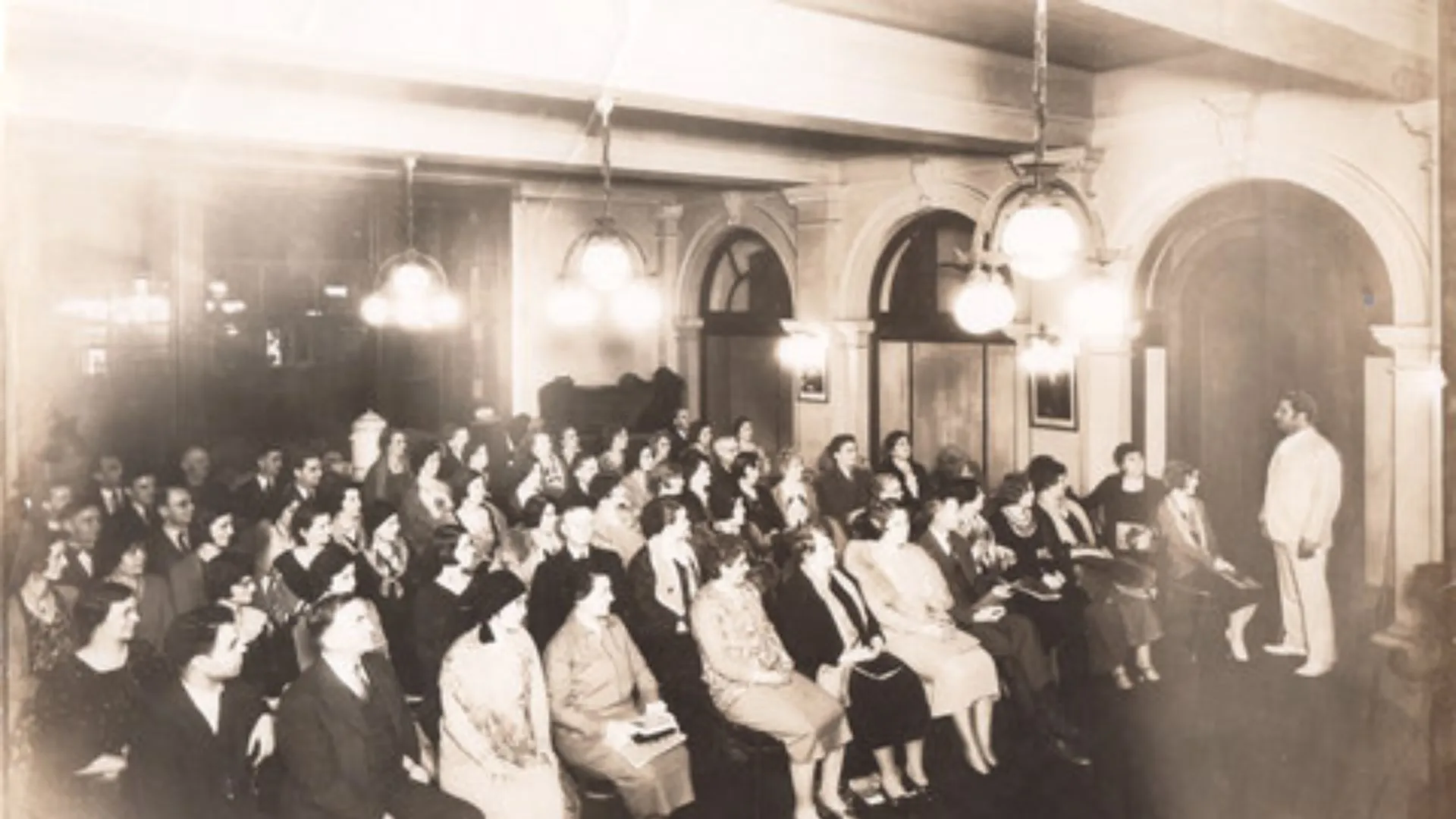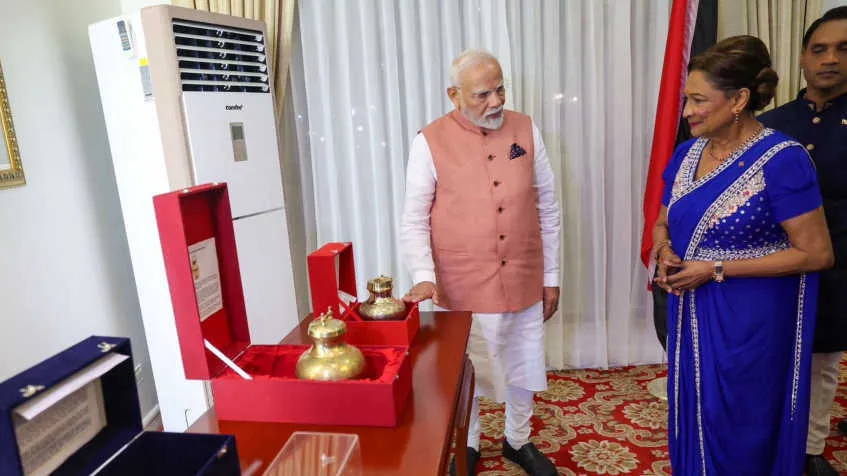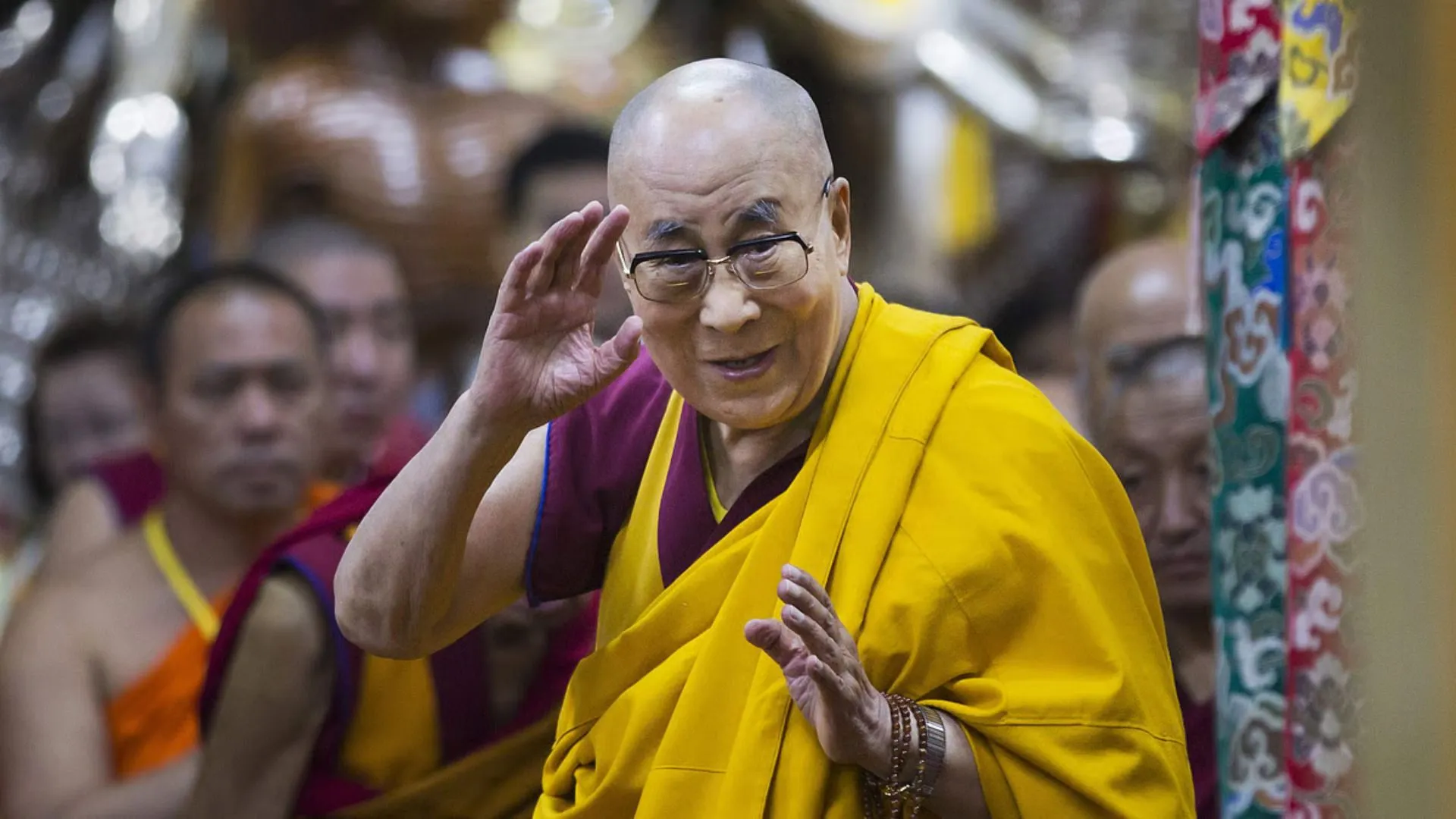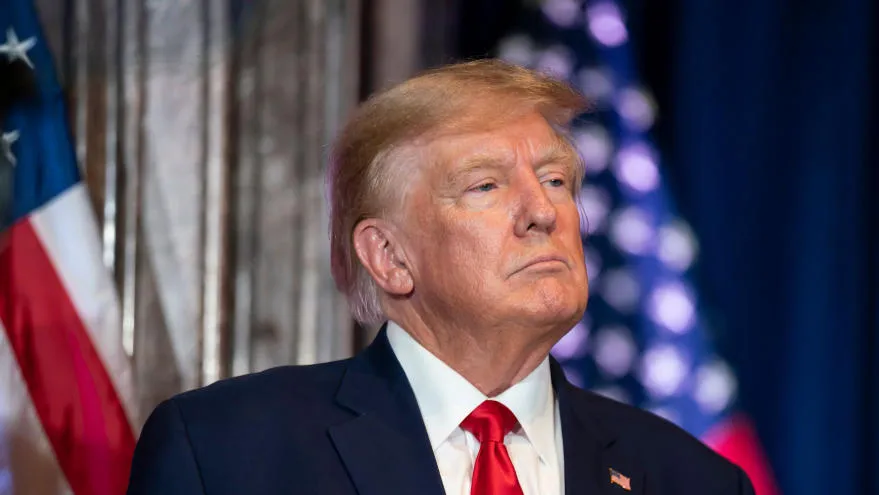Germany is on the brink of a significant political shift. After two and a half months of uncertainty following the February 23 elections, a new coalition government is about to be sworn in, expected to take office in the first week of May. The new chancellor, Friedrich Merz, has emerged from the negotiations, but his tenure is set to begin amid a confluence of crises both domestic and international, which will require immediate action and decisive leadership.
The timing of this transition could not be more inauspicious. Germany’s new leadership will be confronted with a volatile global situation, especially as the United States, under the leadership of Donald Trump, destabilizes international relations. Russia continues to take advantage of the turmoil, making further military advances in Ukraine while pretending to seek peace. Meanwhile, China has been increasingly asserting its influence on the world stage, capitalizing on the growing anti-U.S. sentiment. At home, Germany is grappling with the consequences of Trump’s economic policies, especially the steep 20% tariffs imposed on EU goods, coupled with additional levies on Germany’s critical automotive sector.
Domestically, the political landscape is equally charged. In a surprise twist, an opinion poll released just before the coalition agreement was finalized revealed that the far-right party, Alternative für Deutschland (AfD), had surged to the top for the first time. This signals a significant shift in the political mood within Germany, where populism and right-wing extremism are gaining traction. The stakes have never been higher for the new government. Germany and Europe cannot afford a repeat of the previous coalition, which faltered under the leadership of Olaf Scholz and struggled to maintain cohesion. Now, the incoming administration must prove it can govern effectively or risk losing credibility on both the domestic and international fronts.
High-Stakes Coalition
The new coalition government in Germany is a delicate balance, comprising the Christian Democratic Union (CDU) led by Merz, the Bavarian Christian Social Union (CSU), and the Social Democratic Party (SPD). The coalition’s formation has been described as a necessary compromise, with both sides securing some of their priorities while conceding others. During the coalition negotiations, Merz was accused by hardliners in his own party of yielding too much to the SPD, but this pragmatic approach may be the key to making the coalition work.
Merz has managed to secure some significant wins, including tougher immigration controls, which include border checks and longer waiting periods for citizenship applications. The reduction of corporation tax is another major victory for the CDU. On the other hand, the SPD has managed to preserve key social policies, such as increases in the minimum wage and other welfare measures. This delicate balance is crucial as the new government tries to navigate the country through turbulent waters, with the looming threat of far-right populism and economic instability.
One of the most significant aspects of the coalition’s plan is its approach to Ukraine and Russia. The new government has committed to continuing support for Ukraine in the face of Russia’s aggression. To handle the multiple crises Germany is facing, a national security council will be introduced within the chancellery. This move, though delayed, is seen as necessary to coordinate responses to the growing number of security challenges both at home and abroad. Additionally, the introduction of opt-in national military service is expected, though it is unlikely to be mandatory, with benefits for participants.
Facing the Challenges
The world today is a far more unstable place than it was when Germany last faced a political transition. While the new government faces significant international challenges, there are pressing domestic issues as well. Germany’s economy, already struggling before the onset of these global crises, is now further strained by external pressures. The tariffs imposed by the U.S. have exacerbated economic challenges for German industries, particularly the automobile sector, which is one of the country’s most important economic drivers. The looming trade war with the U.S. threatens to push Germany into an economic crisis if left unchecked.
At the same time, there is a sense of pessimism surrounding the new government’s ability to address the growing discontent in the country. While Germany has a long history of stability and a well-established democratic tradition, the recent rise of the AfD and its surge in popularity reflect a deeper unease within the electorate. Many Germans feel that their political system is failing them, and the lack of progress on key issues like climate change, digital transformation, and infrastructure has only fueled that dissatisfaction.
Merz and the SPD’s Lars Klingbeil, who is expected to be the deputy chancellor and finance minister, will need to prove they can lead the country through these difficult times. They face the challenge of modernizing a political system that has often been criticized for being slow-moving and resistant to change. A new digitization ministry has been established as part of the coalition’s efforts to address Germany’s lagging digital infrastructure, but it remains to be seen whether this will be enough to bring Germany into the 21st century and align it with the rapidly changing global economy.
Leadership in Crisis Mode
Why does this matter for Germany? Germany is Europe’s economic powerhouse and one of the most influential players on the global stage. Its ability to navigate the crises it faces will not only shape the future of the European Union but also influence global stability. The country’s political decisions will affect its relationships with key international partners, including the U.S., Russia, and China, all of whom are pursuing their interests at Germany’s expense.
Germany’s response to these challenges will also determine its internal stability. The rise of far-right populism is a serious threat to the political order. The AfD’s success is a reminder that the political establishment must do more to address the concerns of ordinary citizens who feel left behind by globalization and political elites. If the new coalition fails to address these issues, it risks further alienating the electorate and empowering more extremist factions.
Merz, Klingbeil, and the rest of the coalition will have little room for error. Their leadership will be tested almost immediately as they confront these challenges head-on. There will be no honeymoon period for the new government. Germany’s political and economic trajectory will depend heavily on the ability of Merz and his allies to make tough decisions, manage tensions within their coalition, and ensure that the country remains united and strong in the face of external and internal pressures.
Germany’s new government is stepping into a highly complex and dangerous political and economic environment. With a rapidly changing global landscape, rising domestic discontent, and an economy already strained by international tensions, the stakes are higher than ever. Merz’s government must act decisively, balancing compromise and strength, if Germany is to navigate through this crisis successfully. The future of Germany and Europe hangs in the balance, and the country’s ability to modernize, manage its internal divisions, and respond to global challenges will determine its place in the world for years to come.

